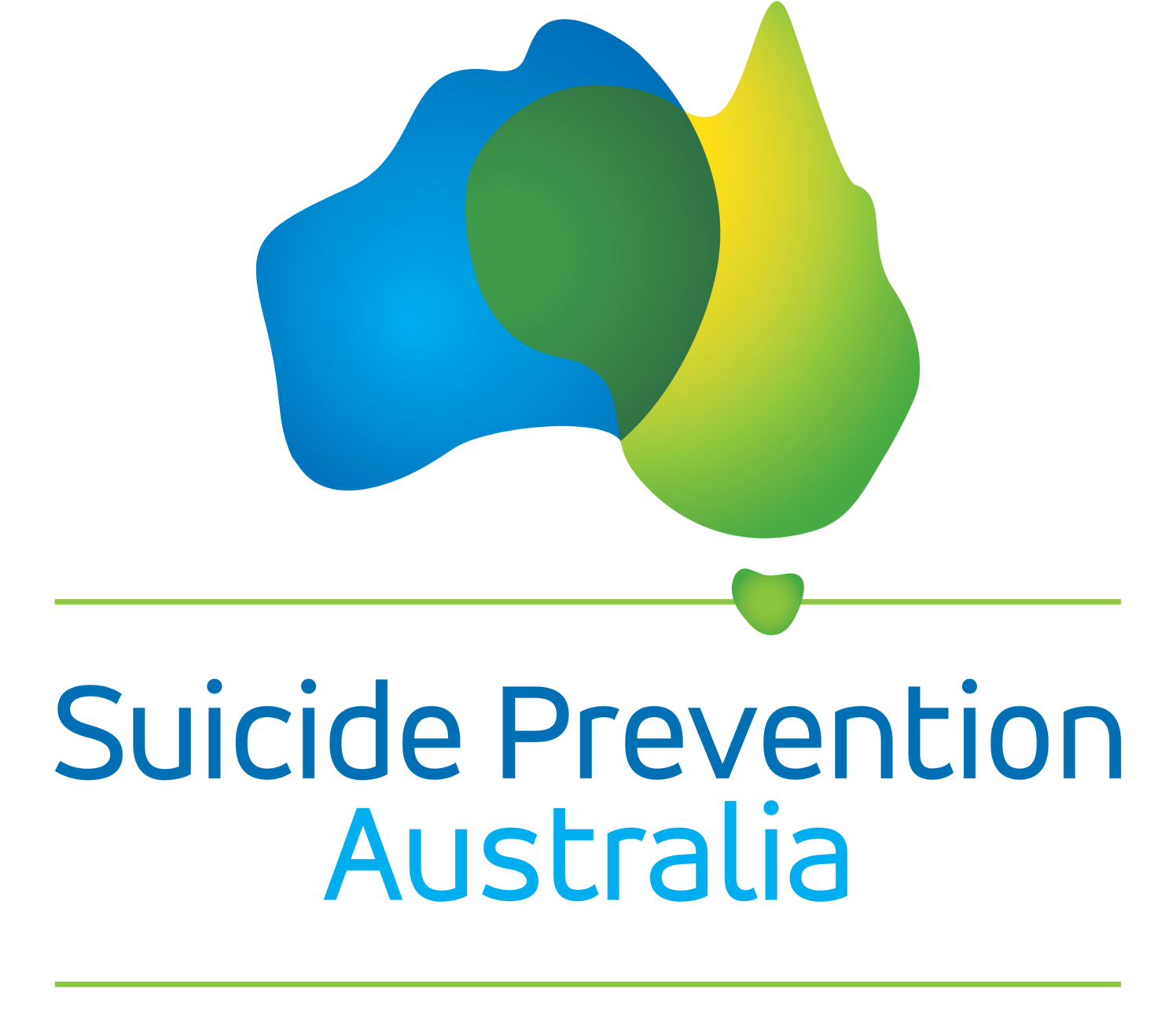Background: The importance and value of involvement of people with lived experience of suicide has been recognized in suicide research and prevention. Although there are generic models/frameworks of “consumer involvement”, it was not clear whether they can effectively guide involvement of people with lived experience specifically in suicide research. The Voice of people with Lived Experience of suicide (VocLE) study addressed this gap by developing a set of guidelines on active involvement of people with lived experience of suicide in suicide studies., i.e., conducting research with or by people with lived experience, rather than to, about or for them.
More specifically, the VocLE Study had the following four objectives:
- to identify the needs and expectations of people with lived experience and researchers regarding involvement of lived experience in suicide research,
- to ascertain benefits, disadvantages, barriers, and facilitators to involvement of lived experience from the perspective of people with lived experience and researchers,
- to ascertain education/training needs of both groups regarding effective collaboration, and
- to develop guidelines on involvement of people with lived experience of suicide in research.
Methods: The VocLE study was a 2-year mixed methods study including a qualitative interview study (Phase 1) and a quantitative expert consensus Delphi study (Phase 2). In Phase 1, the qualitative study involved semi-structured interviews with people with lived experience of suicide (n=19) and suicide researchers (n=15). The interviews focused on questions related to the study objectives and qualitative data were analysed using thematic analysis. In Phase 2, the Delphi method was used to determine statements on best practice for the active involvement of people with lived experience of suicide in suicide research. The online survey statements were based on data from the qualitative interviews in Phase 1 and a literature review. Two expert panels: people with lived experience of suicide (n = 44) and suicide researchers (n = 29) rated statements over three rounds of an online survey.
Ethics approval: This study received Human Research Ethics Committee approval from The University of Melbourne (HREC# 22453).
Results:
Phase 1[1]: Six preliminary themes were identified in interviews with people with lived experience of suicide. These were: the diversity of lived experience; the value of lived experience; the safety and resilience of people with lived experience of suicide; respect and dialogue between people with lived experience and researchers; the ”why” of co-production in suicide research; and the “how” of co-production in suicide research. Five preliminary themes were identified in interviews with suicide researchers: the importance of a broader academic system supporting co-production; the importance of the relationships with colleagues with lived experience; ensuring safety; the ”why” of co-production in suicide research; and the “how” of co-production in suicide research.
Phase 2: Panellists endorsed 96 out of 126 statements in 17 sections: research institutions; collaboration and co-production; developing collaborative networks; representativeness and diversity; managing expectations; time, budgeting and other resources; training; language; communication and shared decision making; sharing power; deciding on the research question; conducting research; support and self-care; self-disclosure, multiple roles and conflict of interest; acknowledgement; monitoring and evaluation; and dissemination and implementation.
Conclusions: The consensus recommendations identified in VocLE Study provide a much-needed guide for both researchers and people with lived experience on research collaboration and co-production in suicide research. It is anticipated that the guidelines will contribute to a broader uptake of the co-production approach in the field in Australia and internationally. Support from research institutions and funders, and training on co-production for researchers and people with lived experience, are necessary for effective implementation and uptake of these guidelines.
Acknowledgement: Our sincere ‘thank you’ to all study participants. Your wisdom, knowledge, experience, and generosity has been enabling us to conduct this study. Your passion and your courage have been motivating and inspiring us in our work.
[1] Please note that the final analysis of the qualitative data is ongoing and full results will be available in an open access publication in 2024.


